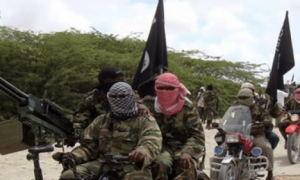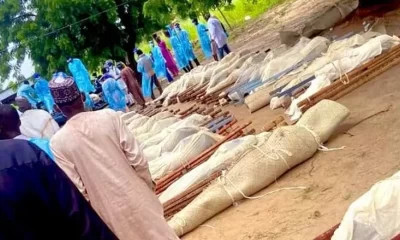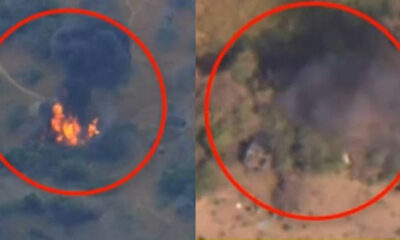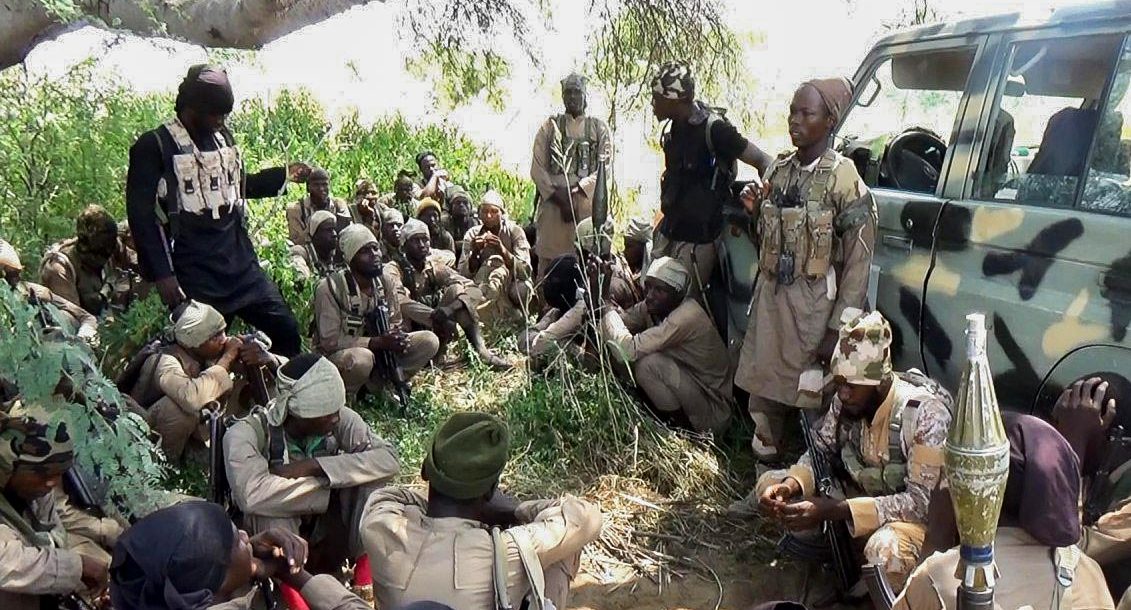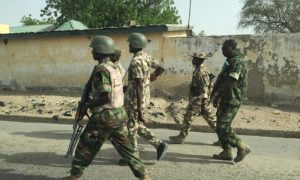Metro
ISWAP fighters kill 25 Fulani herders, others in Borno
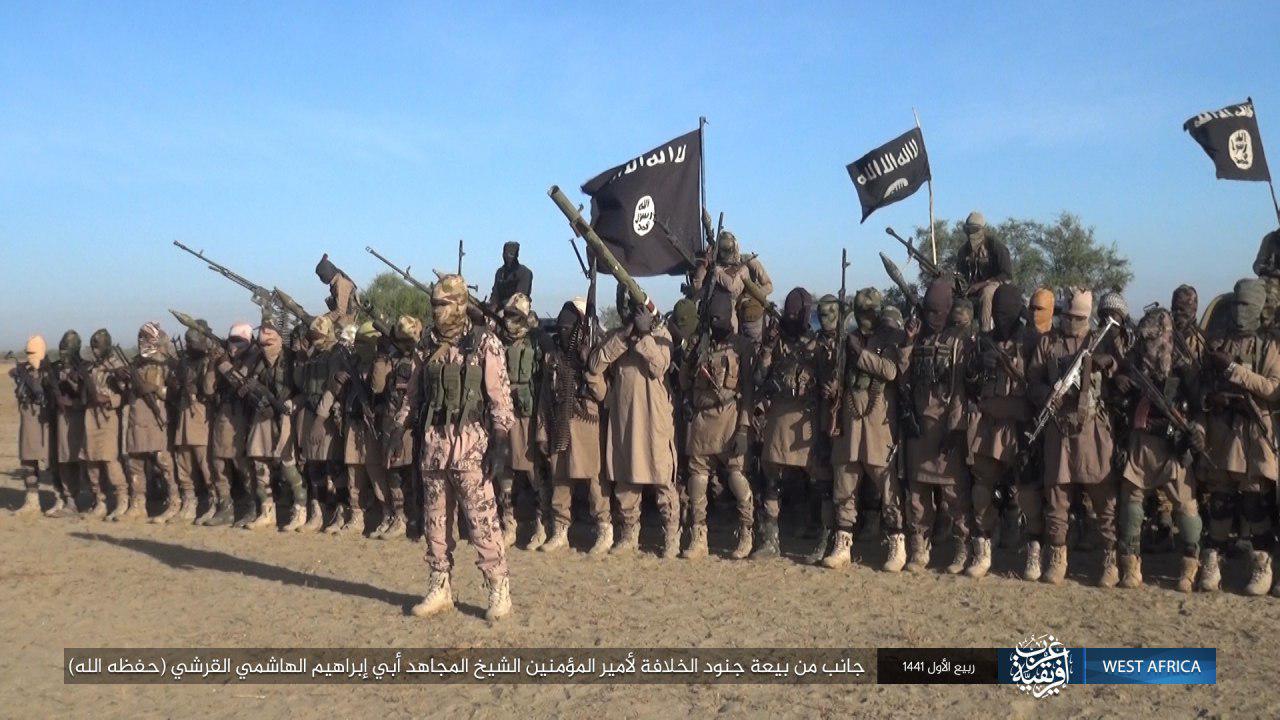
Suspected jihadists affiliated with the Islamic State have carried out two deadly attacks in Borno state, northeast Nigeria, resulting in the deaths of 32 people, according to reports from anti-jihadist militia on Thursday.
The attacks occurred on Tuesday in the Lake Chad area, where the Islamic State West Africa Province (ISWAP) holds control over significant portions of territory.
In the first attack, ISWAP fighters, riding in pairs on more than a dozen motorcycles, targeted a group of Fulani herders grazing their cattle in Gudumbali forest, located 95 kilometers (60 miles) from the regional capital, Maiduguri. The militants killed 25 herders in the ambush. According to militia leader Babakura Kolo, the terrorists left the scene without taking anything from the victims. The herders were accused of passing information about militant activities to the military, leading the jihadists to order them to leave the area.
Militia member Umar Ari, who participated in the evacuation and burial of the dead, reported that most of the victims were shot, while a few were hacked to death.
Boko Haram and ISWAP have increasingly targeted civilians, including loggers, herders, farmers, fishermen, and metal scrap collectors, accusing them of collaborating with the military and local militia fighting against the jihadists. Recently, the attacks have intensified, with a focus on farmers working in the fields during the ongoing rainy season.
In a second incident on the same day, ISWAP fighters manning a checkpoint in Borno-Yasin village, in Gubio district, shot dead seven men whom they accused of attempting to smuggle narcotics into their territory. The gunmen found an assortment of drugs and marijuana on the smugglers, which led to their immediate execution.
The jihadist insurgency in Nigeria has caused significant human suffering and displacement, with at least 40,000 people killed and approximately two million displaced during the 14-year conflict. The violence has also spilled over into neighboring countries, including Niger, Chad, and Cameroon.


